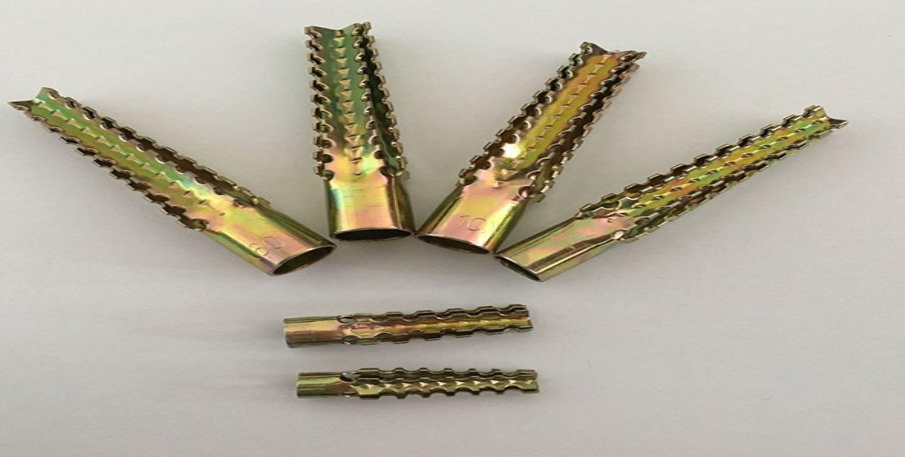Copyright © 2021 Kinfast All rights reserved. 粤ICP备06034726号 Site Map Powered by iwonder.cn
- TEL: +86-755-8347-9123
- E-MAIL: info@kfproduct.com
A concrete anchor bolt is a common type of fastener used to secure one or more objects to a concrete surface.
Due to the brittle texture of concrete, conventional bolts can be used in this situation. Concrete anchor bolts are required to keep the linked object or objects in place.
In general, the gas concrete anchor is the best choice if you want a speedy installation with the option of easy removal from concrete.

By definition, a concrete anchor is a heavy duty fastener that connects items to concrete. Concrete anchor are commonly used to secure steel poles to concrete surfaces.
The concrete anchors are hammered into the concrete itself, via the pole’s base. The pole remains stable and secure, thanks to the concrete anchor bolts’ distinctive shape.
Most people are not sure what to use for typical fastening applications in concrete.
Unlike other substrates, which offer a plethora of tools and options for executing such activities, concrete necessitates the use of a more specific sort of fastener – the aptly titled concrete anchor.
More than once fastening into concrete is a waste of time and work. When using an expansion anchor risks concrete cracking, you will need to find another solution.
Not to add that sleeve or expanding anchors are one time use only, so if you need to change the anchor for any reason, you will have to use a different one.
As a result, the fastener you choose is critical to the success of your project. Concrete screw anchors, thankfully, fix this problem.
When fixing patio doors, window frames, and the like, the size and diameter of these screws are often closer to that of normal screws, allowing them to be firmly implanted in various types of masonry.
Concrete screw anchors, unlike sleeve or chemical anchors, may be easily removed, leaving the hole clear of debris – making mistakes easy to correct.
This anchor is suited for high load applications due to its dual hardened body and big diameter self-tapping screw.
These anchors dig into the concrete with their sharp edges without requiring any expansion.
As a result, the concrete screw anchor is appropriate for use as a connecting point for base plate assemblies.
For high strength loads, screw anchors require a rotating setting. Because the fastener does not expand and burst the surrounding substrate, it is particularly suited for close-to-anchor or close-to-edge fastening.
Several factors can act on concrete anchors, affecting their effectiveness over time. If the object or objects to which the concrete is linked begin to degrade, for example, the anchor bolts may be weakened.
Another potential issue with concrete anchors is splitting. If there is a fracture between the anchor bolts, they may fall loose.
Concrete anchors are not invincible, but they are less prone to fail in concrete applications than other types of bolts.
As a result, when connecting one or more objects to a concrete surface, most businesses and contractors employ concrete anchors.
Gas concrete anchor is the ideal screw anchor for concrete ceiling embedment, flush mounting, and everything in between.
Do contact us to learn more about our products.